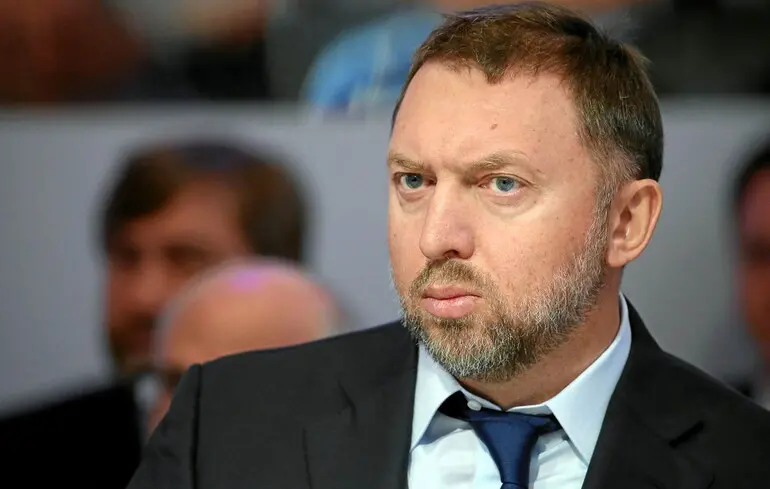European Union explores new avenues for utilizing frozen Russian assets amid sanctions policies

The European Union is currently facing new challenges in its sanctions policy toward Russia, actively seeking ways to repurpose frozen Russian assets to offset losses and support its economic interests.
One of the most controversial proposals involves lifting sanctions on assets belonging to Russian billionaire Oleg Deripaska, particularly shares in the construction company Strabag valued at approximately two billion euros.
This decision has been incorporated into the draft of the new sanctions package, which envisions transferring these shares to Raiffeisen Bank International as compensation for the 2 billion euros seized by a Russian court from the bank’s Russian subsidiary.
The sanctions were originally imposed due to Deripaska’s support of Russia’s military-industrial complex, but some EU officials warn that such measures could set dangerous precedents for bypassing restrictions and may strengthen practices of confiscating Western assets in Russia.
Several EU member states are preparing to oppose this initiative promoted by Austria.
Meanwhile, the Austrian entity Raiffeisen Bank International has again failed to sell its stake in the Russian business, as Moscow continues to block such deals to preserve its channels for international payments and retain access to the Russian market.
This situation highlights the ongoing complexity and sensitivity surrounding sanctions enforcement and financial operations involving Russia, complicating efforts to implement unified EU policies.

